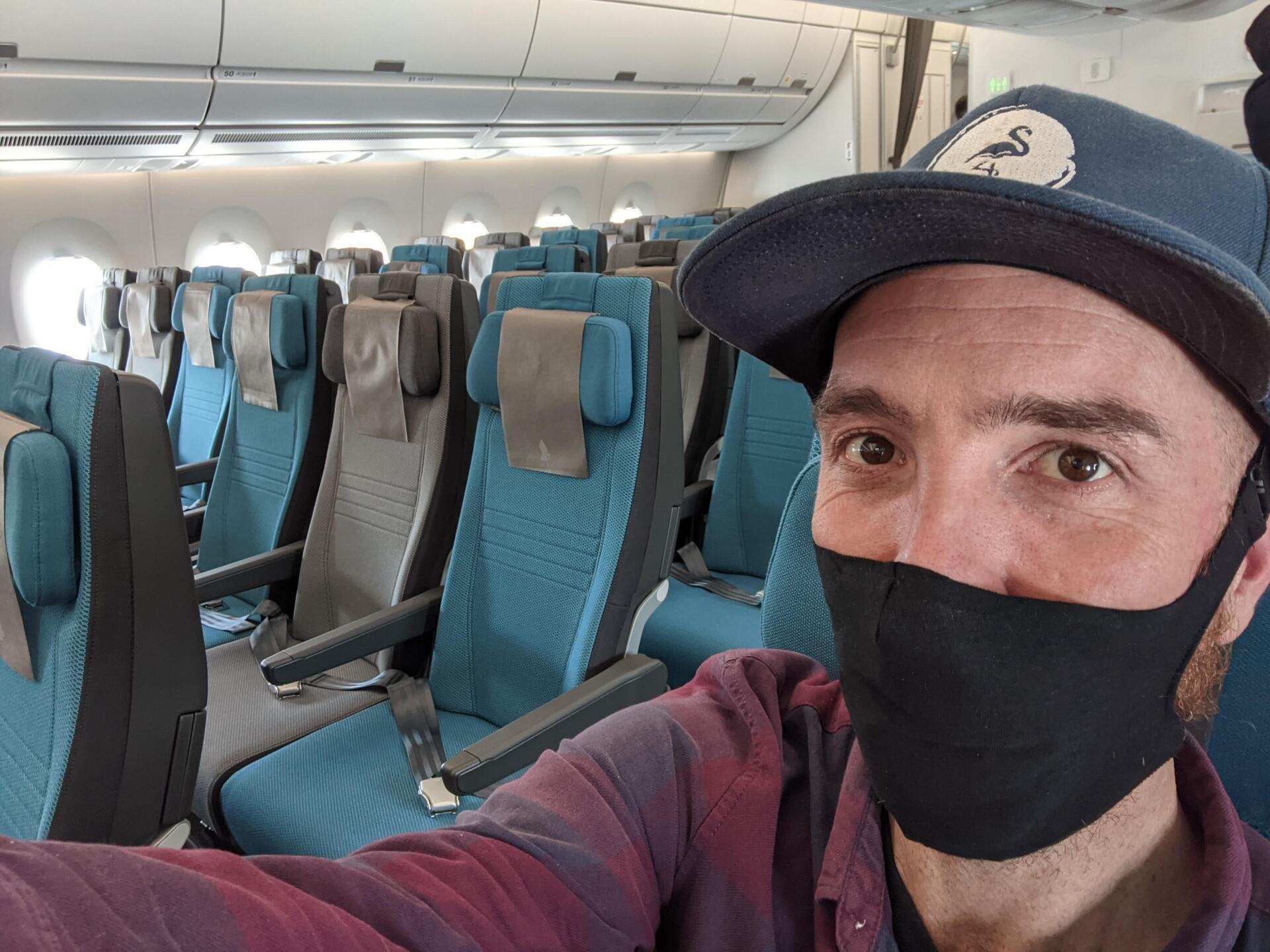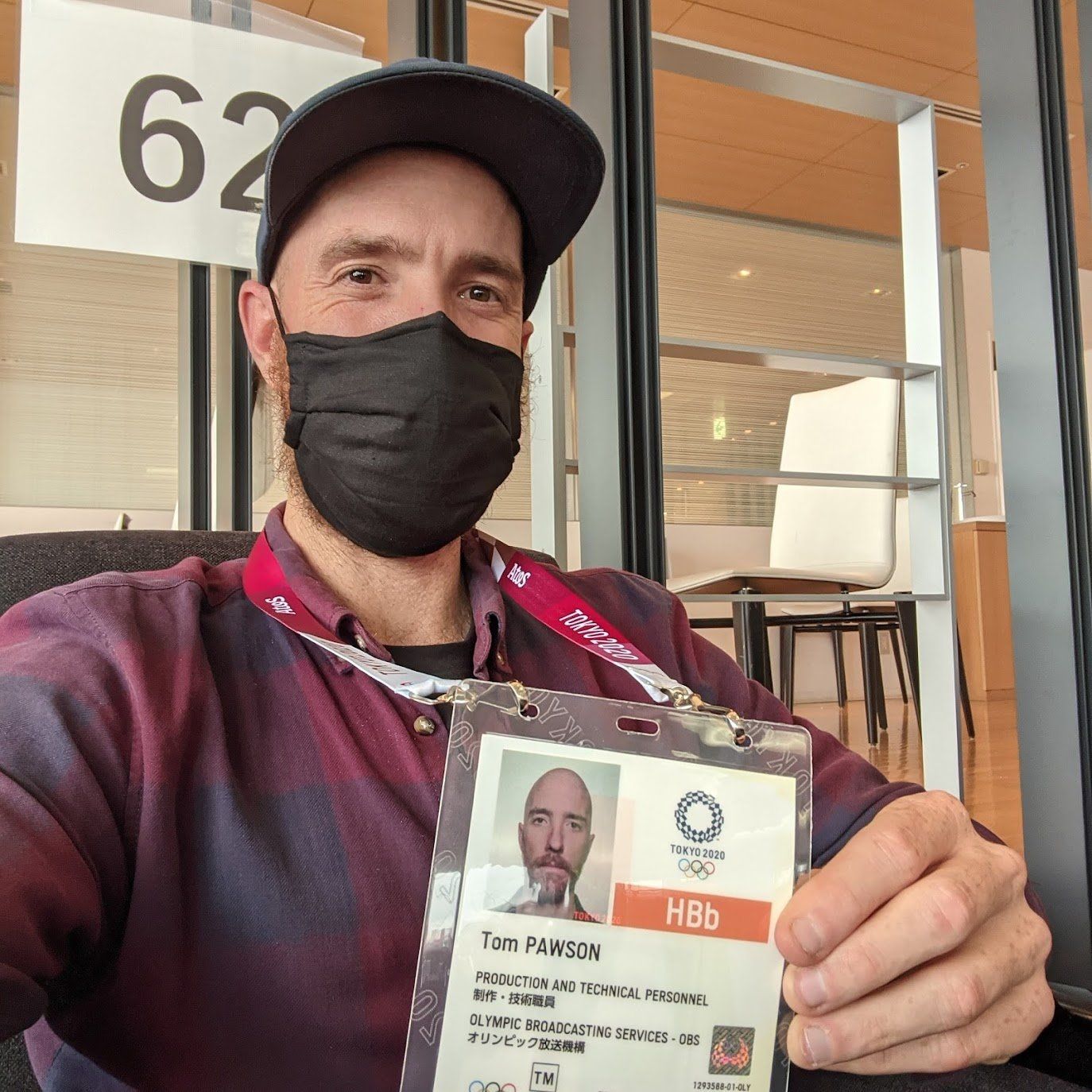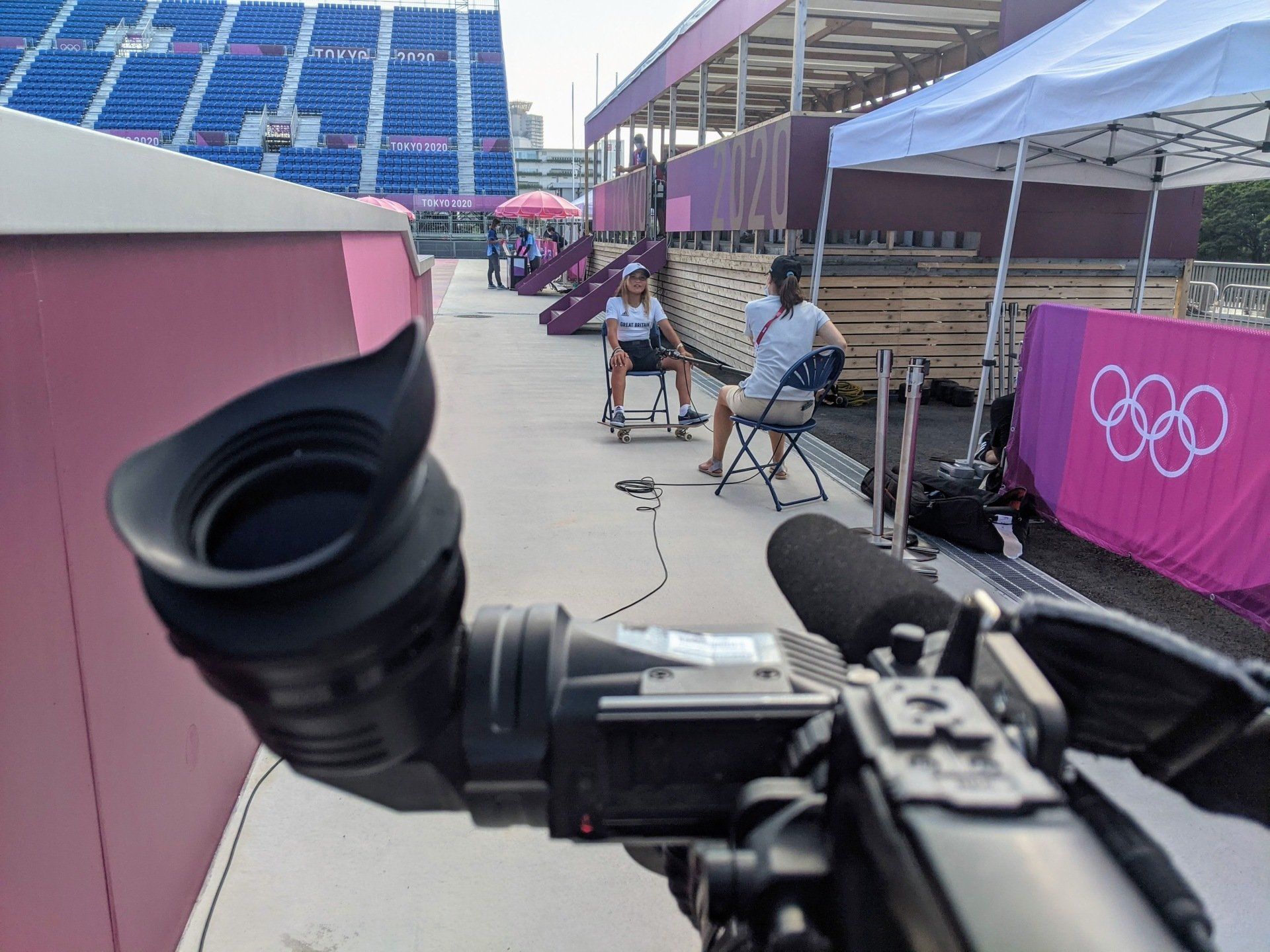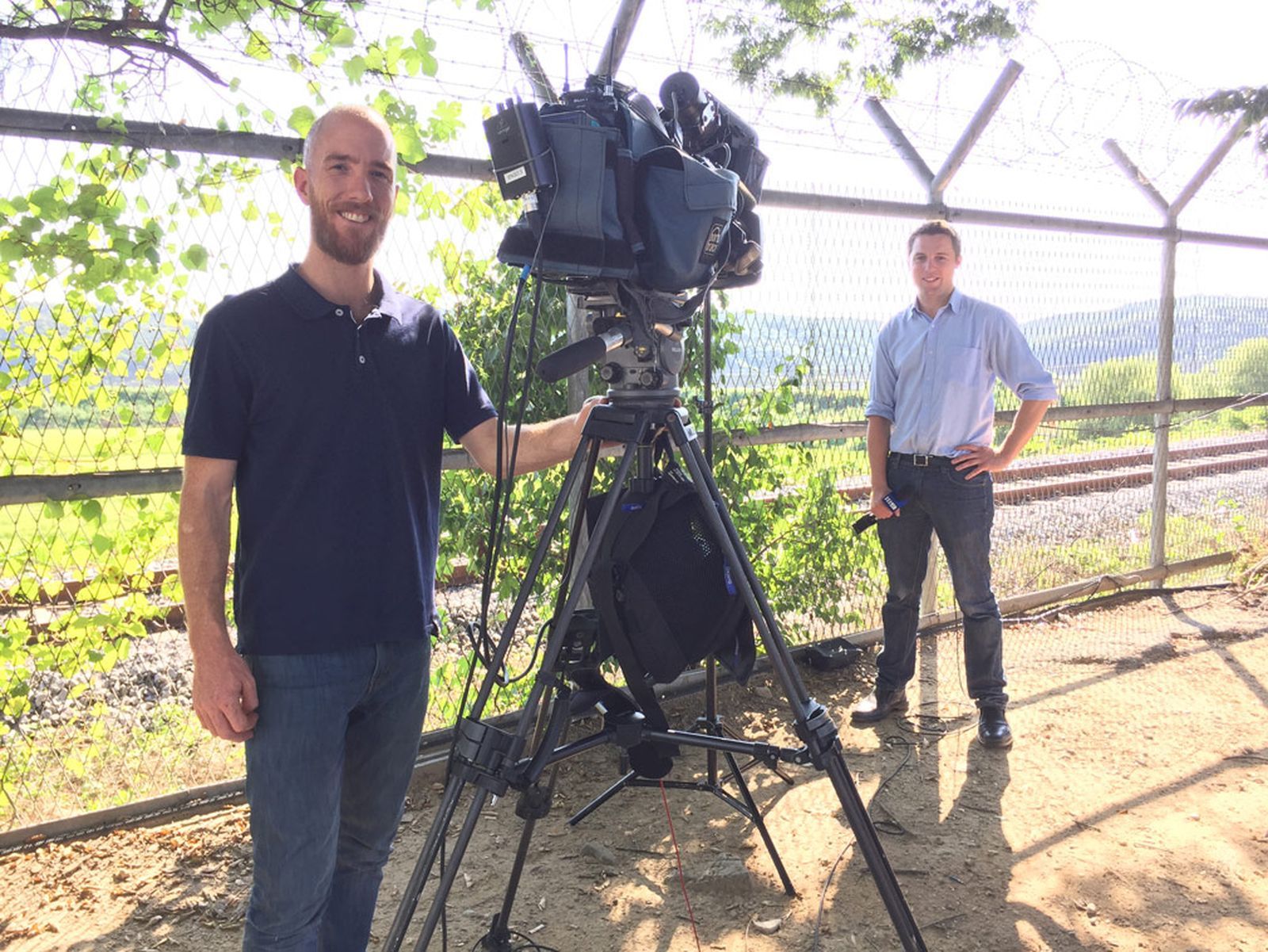Life Behind the Lens - Tokyo Olympic Games (Part 1)

Slide title
Write your caption hereButton
March 2020.
A global pandemic is declared.
International borders close, followed by state borders and a steady trickle of new restrictions are introduced.
Lockdowns. Essential workers. Quarantine.
Everyone has been impacted, the ways as complex and unique as we all are.
2020 was gearing up to be a very successful year for me with many exciting jobs booked from motorsports, athletics and cycling to the UEFA Football Championship in Europe, Tokyo Olympic Games and finally trips to Southeast Asia and South America.
As the world grappled with managing the situation, cancellation after cancellation rolled in. I watched 6 months of work crumble in what felt like an instant.
For the first time in history, the Olympic Games were postponed for a reason other than war.
Fast forward a year and I received a new contract for the games in 2021. It was a relief to hear the games were back on, but there was also a huge amount of uncertainty about...all of it. What will the restrictions be? How will we do our job effectively and safely? Can I get home?
Fortunately the concern and worry was unfounded. After a process of vaccination, obtaining a travel exemption and multiple COVID-19 tests, the journey finally began.
My flight from Brisbane to Singapore’s Changi Airport was surreal. Almost empty, there were only about 5 people in my section of the plane. Very strange, but also great, because it meant I could spread my legs out and lie down across my row of seats.
Normally Changi is a superb airport to spend a few hours layover, but not so much during a global pandemic. The restaurants, shops and cafes were closed and we were restricted to specific sections of the airport. If time allowed, passengers could order meals. I was happy to bump into a colleague from Brisbane who was also working at the games and we passed the time chatting.
The overnight flight to Tokyo was easy and straightforward, mostly due to having a whole row to spread across. After landing in Tokyo it was a lengthy process of mosty waiting in queues. There were multiple flights into Tokyo and each flight ahead of us had to be processed first.

Slide title
Write your caption hereButton
Once through customs we were lined up to complete a COVID-19 spit test. I was given a plastic receptacle, similar to a test tube and had to spit into it until it reached a certain volume.
Once the test was performed, passengers were then escorted into one of the airline lounges that had been procured by the Japanese Government to keep passengers socially distanced while they waited for their results. This whole process was around 3 - 4 hours.
Once cleared with a negative test result, I was escorted to the luggage carousels where our bags had already been removed and were waiting to be picked up. From here I was escorted outside to a waiting bus, which took me to another transport interchange where I could catch a taxi to my final destination for the day, Toyoko Inn Shinagawa.
My room was small but sufficient and I prepared for the following day. In part 2 I share my experience working for Olympic Channel News (OCN) at the Tokyo Olympic Games.
For further insight into Life Behind the Lens, read our other blogs about filming during Cyclone Debbie or dashing to South Korea at a moment’s notice.




